Between the plethora of options among subscriptions, SaaS, short-term software, and other licensing, businesses of all shapes and sizes have experienced an exponential change in how software is licensed. While perhaps a decade ago yearly service fees were the norm, managing licenses has become incredibly complex. With these complexities, issues such as unwanted renewal fees, […]
Author: Admin
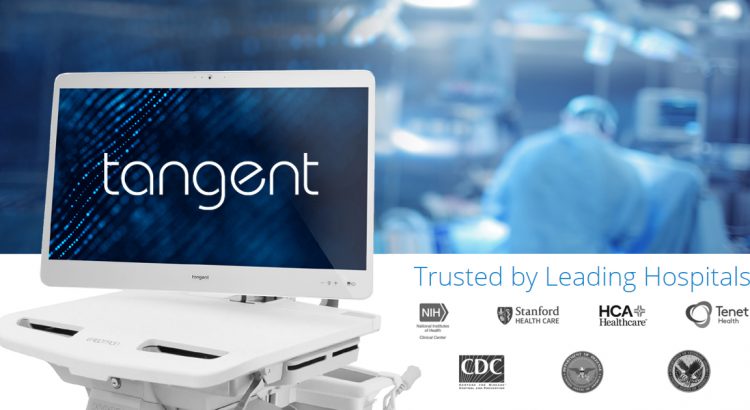
5 Uses For Medical Computers
It may seem like the uses of medical computers mirror those of traditional computers, and that the two are interchangable. They both send emails, can handle spreadsheets, and can access the internet. But the uses of medical computers are far more exact and tailored to the hospital environment. Here are five of the top uses […]

What Does “Medical Grade” Mean?
You may see the term “Medical Grade” floated along by many manufacturers these days in your search for proper medical equipment. Everyone, from dentist chair manufacturers to medical grade computer manufacturers, lays claim to the term, implying that their product meets the true definition. While there is no central body that organizes the term “Medical […]

Mini PCs For Demanding Applications
There’s no doubt that Industrial PCs are a vital part of every industrial facility. But sometimes, for various reasons, a smaller approach may be preferred. That’s where Mini PCs from Tangent come in. Mini PCs are Industrial PCs that come in small yet powerful form. Rugged Mini PCs are perfect for situations where space is […]
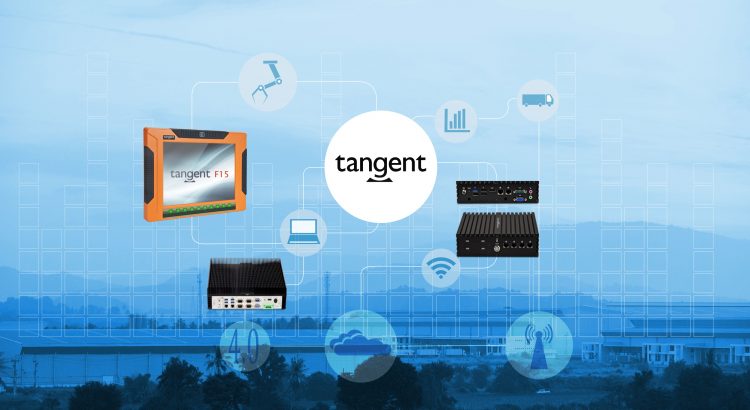
Feature Packed Industrial Computers
When it comes to the needs of industrial facilities, no two sets of needs are alike. Every type of facility— from factories, to oil processing plants, and even refrigerated facilities—has its own unique set of problems requiring unique solutions. Tangent is highly aware of this, and has designed multiple industrial computers to meet the needs […]

Fanless Medical Computers For Operating Room Use
Of the 27 million surgeries performed every year in the United States, 5% result in a Surgical site infection (SSI). A SSI is labeled as such when an infection occurs within 30 days of surgery or within one year of a foreign object being implanted in the body. While this number may seem low, the […]
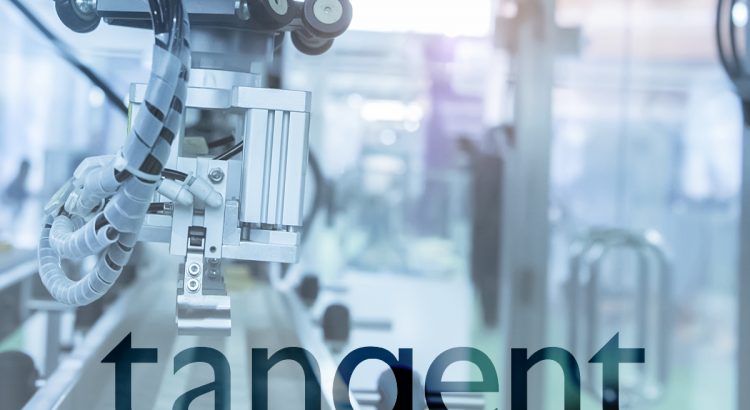
Customizable Panel PCs For Every Use
It’s not everyday that you decide to update your facility’s legacy equipment, and there’s a lot of questions to be considered. Should you focus on buying hardware for specific tasks, or instead purchase multipurpose units that can be used in various situations? While each side has its benefits and downsides, a compromise between the two […]
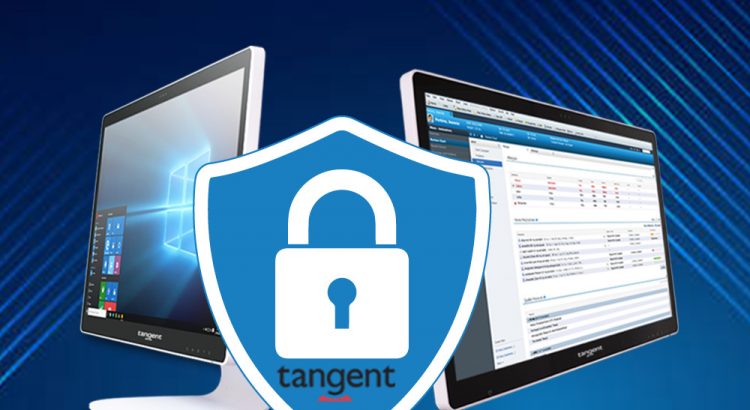
The Importance of Security and Medical Grade Hardware
On May 14th, Simon Pope, a director at the Microsoft Security Response Center, wrote a blog post urging users of older Windows operating systems to install security patches on their computers and take steps to secure themselves from a known vulnerability that could be exploited and result in worm infections and/or cyber attacks. The remote […]
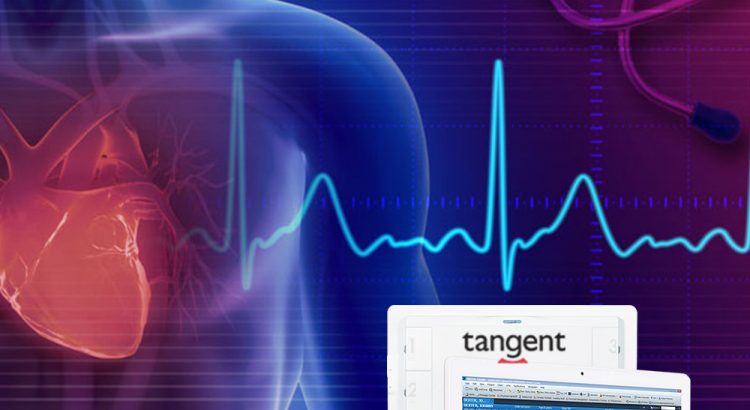
Every Minute Counts with Cardiac Arrest
When cardiac incidents occur in a hospital, every minute that passes can be a factor in whether the patient survives or not. According to Heart.org, in 2016, only about 25 percent of U.S. patients survived when their hearts stopped in a hospital. With how busy medical staff are and the amount of alerts going off […]
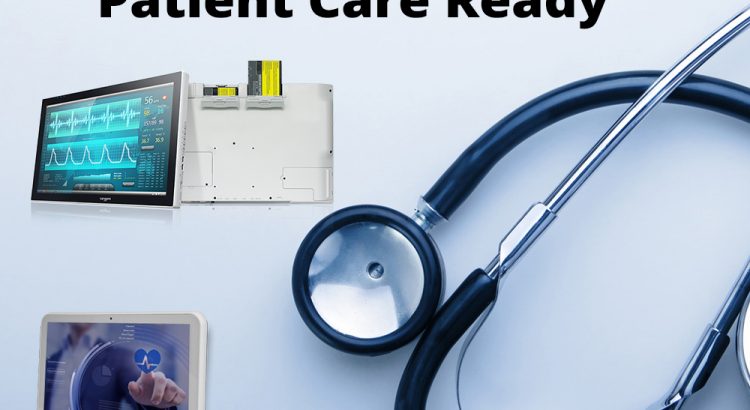
EHR and Patient Care Ready
Epic Systems is world-renowned for their electronic health records software, but their portfolio has expanded to do much more than just maintain records in the patient care space. They understandably have specific system requirements for successful use of all their powerful features. The recommended screen resolution on a system running Epic is 1920×1080 with at […]
